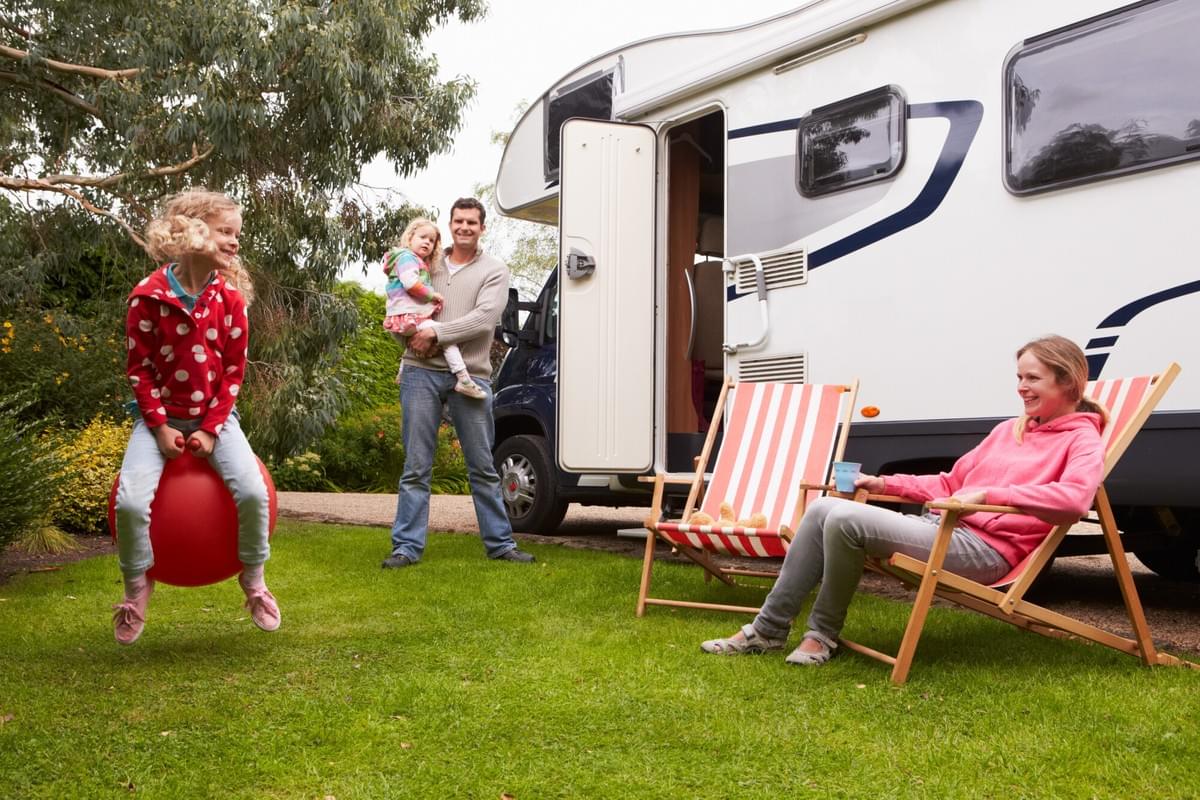
When planning to buy a recreational vehicle, you need to consider many factors. First of all, you should research all of your options. You may enjoy exploring the "roads less traveled" or being with someone for long stretches of road. However, you need to be careful when buying used recreational vehicles. Purchasing an RV that is older or in poor condition could leave you underwater on your loan. So, make sure you are prepared for this eventuality.
You must also determine your budget before deciding what kind of recreational vehicle you want to buy. There are many types of financing available from RV dealers and from third-party sources. Depending on your credit score, you can choose between private financing or taking out a vehicle loan from a bank. However, you must keep in mind that a recreational vehicle's value will depreciate as soon as it leaves the dealership's lot.
Learn more here on the age of the tires on the RV. Look for a DOT label on the sidewall of the RV. It will tell you the year and week it was manufactured. For example, a 4813 means it was manufactured in November 2013. Identify the age of the motorhome's tires before buying them. Obtain a vehicle history report and find out if it is up to date and covered by warranty. It's also good to buy a recreational vehicle that has a warranty that will cover repairs in case of breakdown.
Buying an RV can be a big investment, so make sure you understand the financial consequences of your purchase. An RV can save you up to 50% on your vacation costs, so make sure you are prepared to invest a significant amount of money in it. When you choose to purchase an RV, there are many ways to finance it, and Southeast Financial can help you with financing your new RV. It's never too late to start planning your dream vacation with an RV! Open this link: https://www.recvan.com/recvansearch for more details on how to buy recreational vehicle.
Insurance for your RV can cover your medical expenses in case of a serious collision or theft. You'll also get compensation for property damage and theft if you're stranded in a flooded campground. If you're using the RV for a full-time living, consider purchasing a comprehensive policy. The right policy will cover your out-of-pocket expenses and protect you against lawsuits. You can also buy extended coverage if necessary.
Another way to save money on a recreational vehicle is to buy a used one. While used RVs can save you money, they don't come with warranties and are often too old to be in great condition. Furthermore, if you don't have a garage to park your RV, you might find it difficult to get insurance for the vehicle and/or find a suitable campsite. Some campgrounds have age restrictions, so make sure to research these restrictions before you buy.
You can choose between towable and motorhome options. If you're unsure about the latter option, you can rent an RV first to decide whether it's right for you. Renting a recreational vehicle will allow you to try out a variety of options without making a large down payment. This will ensure that you'll get exactly what you need in the end. If you don't want to invest in a motorhome, you can also choose a towable RV.
This link https://en.wikipedia.org/wiki/Motorhome will open up your minds even more on this topic.